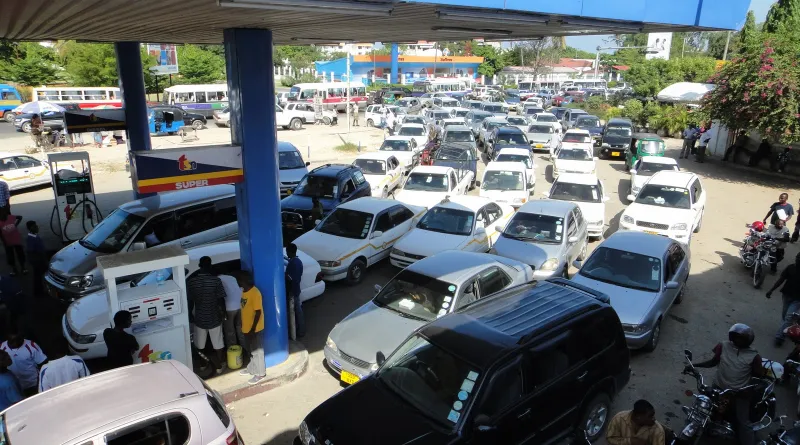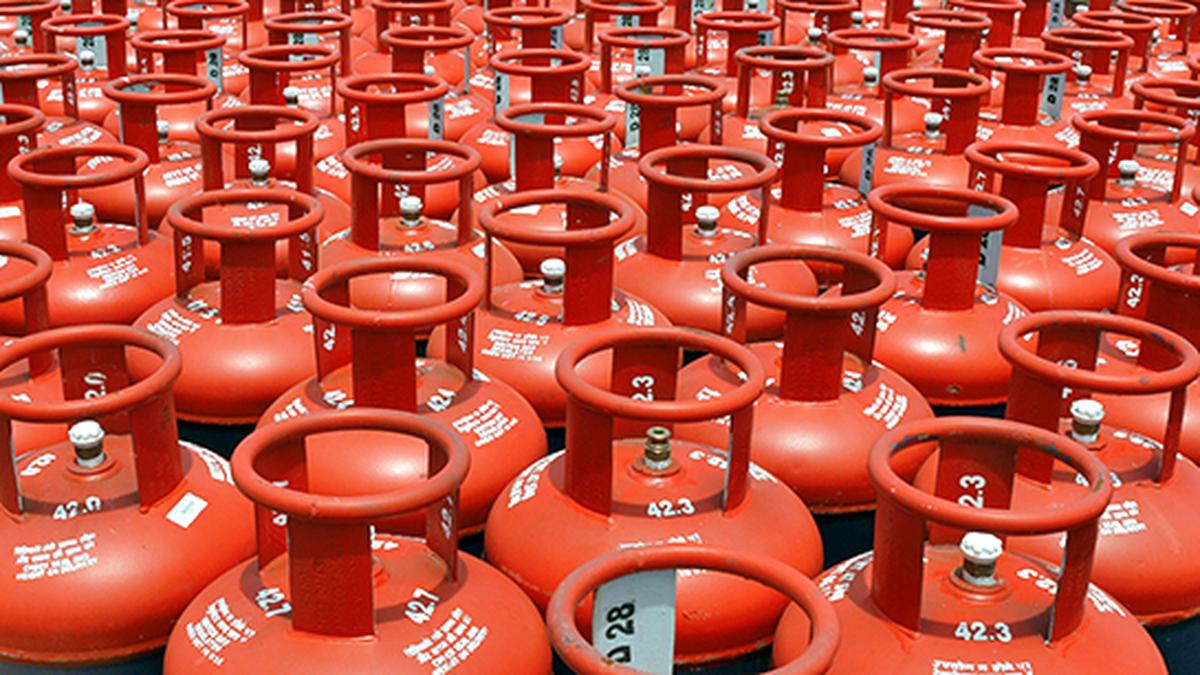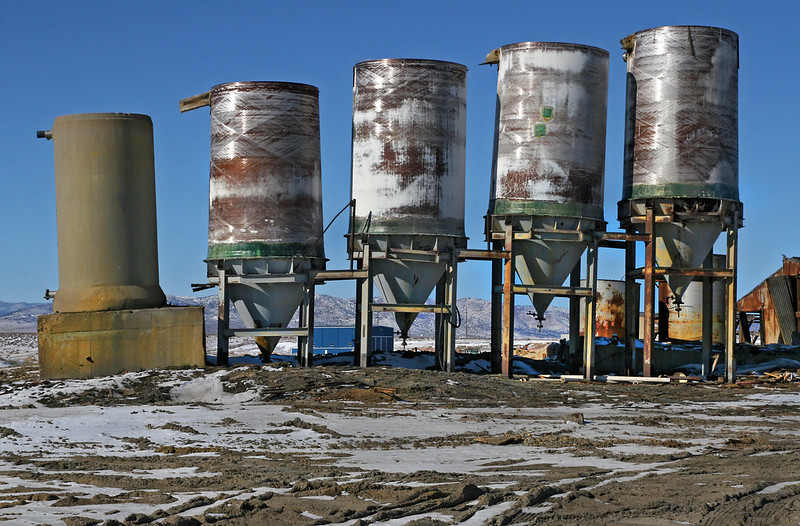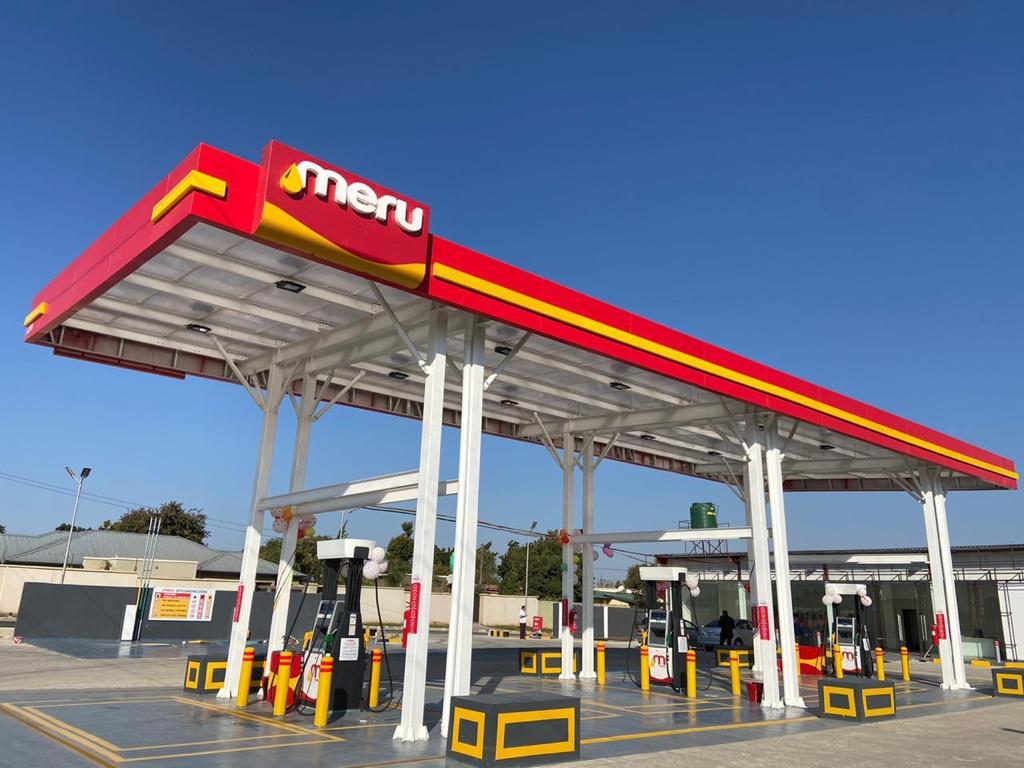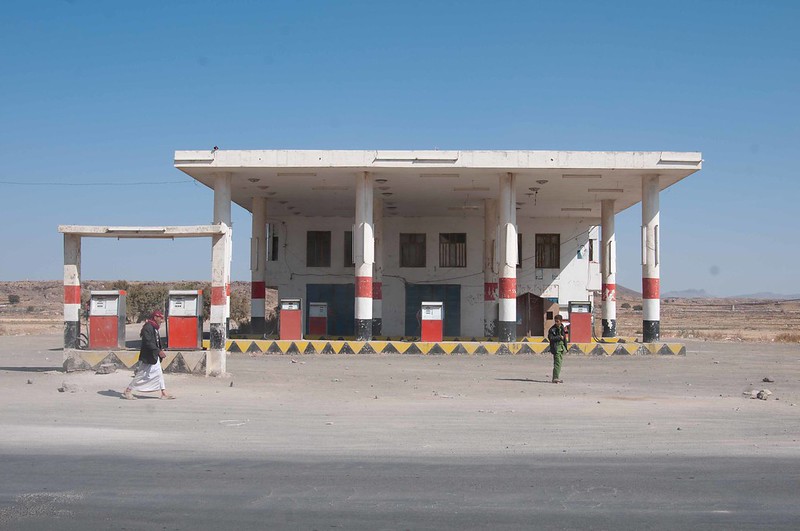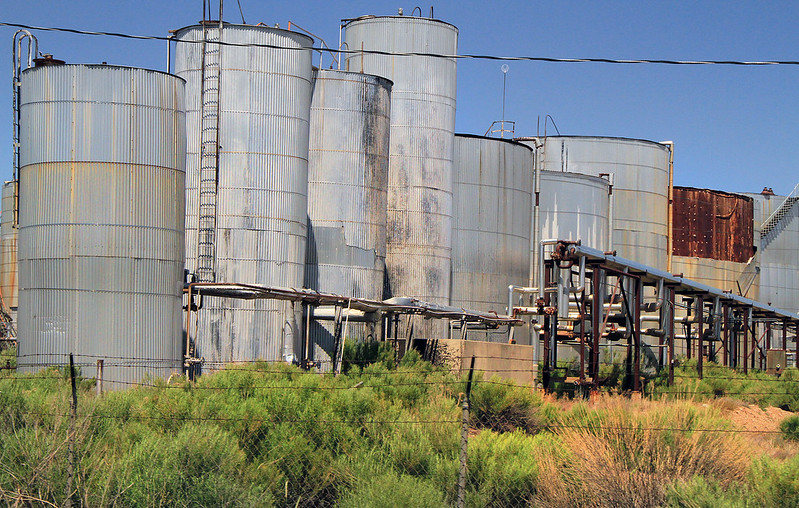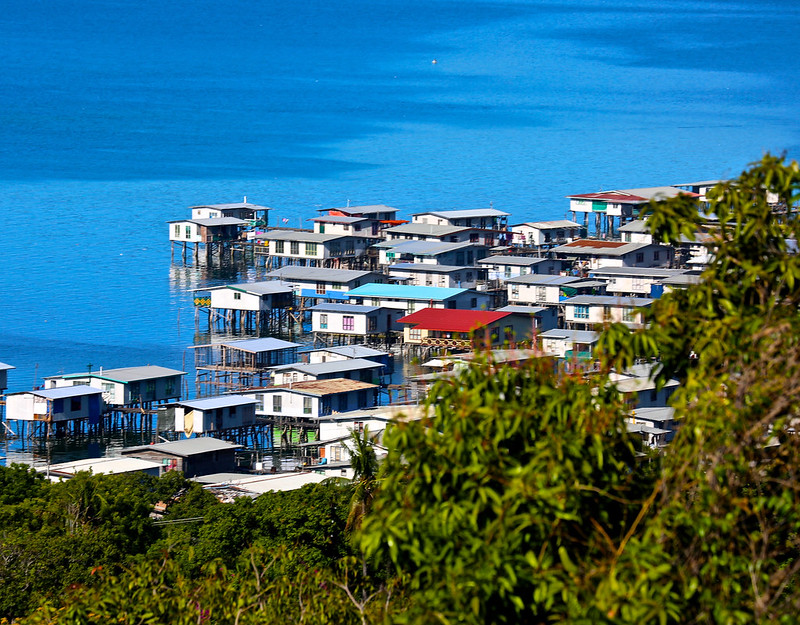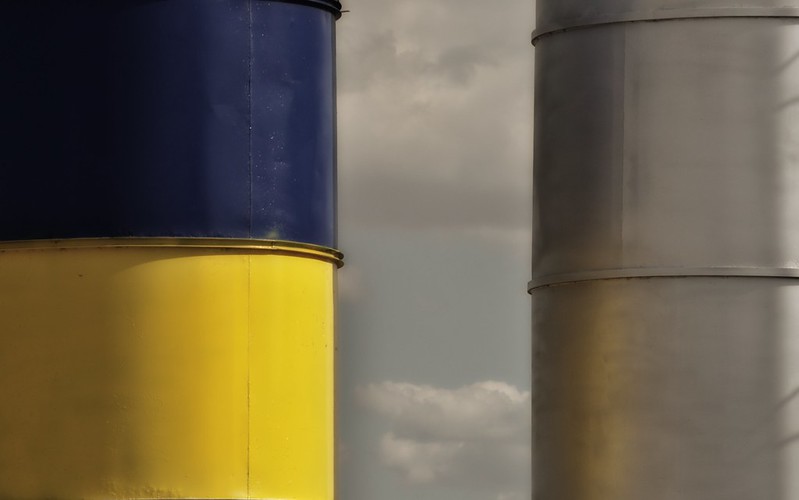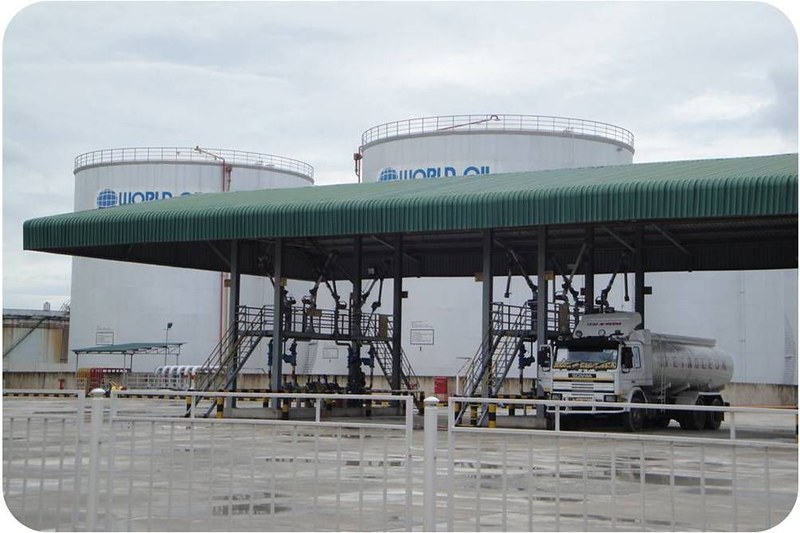Opportunities inTanzania’s Fuel Retail/Petrol Stations Market. Factors Driving Up Demand and Market Analysis
Petroleum is among one of the valuable natural resources available in Tanzania.
People everywhere use petroleum products as fuel in their vehicles, for industrial plants, and for domestic purposes.
Thus, makes petroleum products an essential commodity that is needed for the daily operation of individual, industrial, and national activities. Tanzania does not produce oil, so it is a net importer of all petroleum products for the servicing of the economy. Such petroleum products as diesel, petrol, and LPG.
Tanzania has registered steady petroleum product growth yearly, driven mainly by petrol, diesel, and LPG.
The consumption of petrol and diesel that are mostly distributed/sold through Petrol Stations has been increasing at an average rate of about 7% per year while petrol stations have been growing at almost the same average rate of about 8%.
What are the factors driving up the demand of fuel and petrol station? Where do the opportunities lie? Read on:
1. Increasing the number of vehicles on the road.
There is an increase in buses on the road. According to the international energy agency, Tanzania has a large bus fleet.
Most important is the emerging mode of transportation. There are tricycles, or boda-boda, as everyone calls it, which have increased the demand for petroleum products in Tanzania.
Why is this an opportunity? Selecting suitable petrol site locations relative to pocket demand and enhancing ancillary services such as car wash will be essentials for petrol station owners and operators to grow their business as the market evolves.
2. Private sector logistics and transportation activities are on the rise in Tanzania.
Logistics and transportation companies are busy due to new development in mining, such as coal and natural gas exploration and agriculture activities.
Why is this an opportunity? On average, logistics and transport companies spend 40 percent of their budget on fuel costs. Having an agreement with transporters can support you to achieve your targeted fuel sales.
3.The government’s willingness and international investors to invest more in agriculture and fractures.
Tanzania has been rapidly developing over the past few years. This growth can be attributed to consistent public investment from the government and several sectors, including the construction, energy, finance, and agriculture sector.
For example, the Tanzania government has signed an agreement with the World Bank for a grant amounting to USD 4.5 million, which is set to help provide water to citizens.
Tanzania has been rapidly developing over the past few years. This growth can be attributed to consistent public investment from the government in several sectors ranging from the energy sector to advancement in the telecommunication and finance sector.
Why is this Opportunity? The investment in new projects will create thousands of employment and require the purchase and importation of vehicles specific to each industry, driving demand for automotive and industrial finished lubricants across many industry sectors and driving demand for diesel, petrol, and lubricants fuels.
4.Increase the use of generators. In most situations. We are lucky to have quick access to electricity from the power grid. But sometimes, we face situations where there is no power available. And that’s when generators come in handy.
Why is this opportunity? To copy with power failure, homeowners and businesses install standby generators to ensure they have steady power when the unexpected happens. All these generators run on diesel or petrol that you can set up in your own fuel station and get income selling it.

